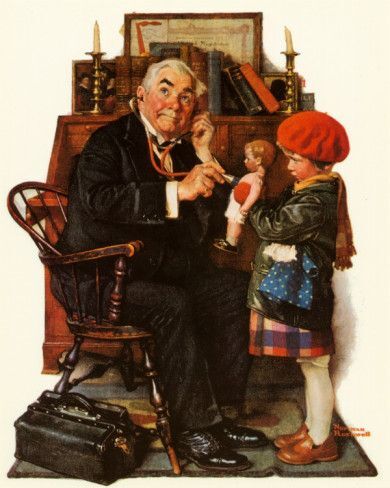The Primary Care Physician’s Dilemma

For centuries a basic concept of medicine has been to find and treat diseases as early as possible. This is the concept behind cancer screening and the yearly medical exam. Could it be possible that an existing drug or drug regimen be found for early treatment for those at risk for serious sequala from SARS-CoV-2? And could this have been be determined before vaccines became widely available? This was the dilemma for our primary care physicians as the pandemic came to America. Dr. Zelinko of New York faced with this quandary used a Hydroxychloroquine, Zinc, Azithromycin regimen that was given soon after infection for those at risk for serious disease. He claimed his regimen kept many out of the hospital and his work was referenced by the administration. A flurry of studies followed none using the exact same regimen and as early treatment. Some articles published in prestigious journals had to be retracted because of flawed data. The media got involved with mostly negative commentary while some physician groups rallied to Zelenko’s defense. But amazingly what was missing during this debate was an expedited well-designed double-blind placebo-controlled study to formally answer the question of effectiveness. This isn’t the only treatment that physicians, faced with desperate vulnerable patients, have thought of prescribing. Some of them included Ivermectin, Fluvoxamine, Camostat Mesylate, Favipiravir, but again there are no formal studies to prove efficacy for this use. A monoclonal antibody cocktail from “Regeneron” has received an emergency use authorization from the FDA but is NOT being widely used and NOT by primary care physicians.
Sensing this important need, inventor and philanthropist Steven Kirsch created the Covid-19 Early Treatment Fund that is doing its best to fund small studies to address this issue. The funding is not meant to expedite studies to have results during this rapid spread of the virus. Projects they are funding include the use of Fluvoxamine, Doxazosin, Favipiravir, Interferon Lambda, Camostat Mesylate and monoclonal antibodies.
Because of the acute need for early treatment, why hasn’t a relatively small amount of the trillions of dollars emergently spent on the pandemic been set aside to expedite formal studies of these potentially promising agents? Notice the silence of the major primary care societies – The American College of Physicians, The American Academy of Family Physicians, The American Academy of Pediatrics and the American College of Obstetricians and Gynecologists – on this important issue. Why hasn’t the National Institutes of Health spoken up on this topic? What about the doctors in Congress, not securing funds to test early treatments, although a few non-physician members have voiced support?
We do have vaccines in record time, a great achievement, but many will not be vaccinated leaving vulnerable people at risk. There is also the possibility of mutations in the virus that may make present vaccines less effective. Thus, there still is a great need for proven drugs to treat Covid-19 early, thereby preventing progression to more serious disease.









Another excellent, thought provoking article by Dr.Fisher.
Interesting that you cited use of fluvoxamine and randomized controlled trials . . .
https://medicine.wustl.edu/news/fluvoxamine-may-prevent-serious-illness-in-covid-19-patients/
There’s no money in funding studies for cheap, accessible, safe medicines to treat people early on in the illness or even after exposure. And, hopefully, to prevent the need for hospitalization.
As usual in the health care system – follow the money.
Gee no flu around this year. All Covid. And hospitals get an extra 77 grand for every covid patient…
Big Government,big pharma, Big medical organizations.. ALL POLITICS.. Very sad. They are not serving our patients, Our medical profession or our Nation.. Who is lining their pockets. So blatant,so corrupt across all levels of our society.. Anyone having Fun Yet? TANJ.. their ain’t no justice..I wonder if there ever was or is that an illusion of childhood?..
USA is number one in conspiracy stories. This is BS.
Gee, you mean big pharma, big medicine and big government aren’t interested in inexpensive generic treatments to keep Covid patients alive and out of the hospital? What a shocker.
There is a good, inexpensive outpatient treatment Protocol developed by Dr. Peter McCullough and colleague. Based on international collaboration with ongoing studies. His presentation is on You Tube. Very compelling.